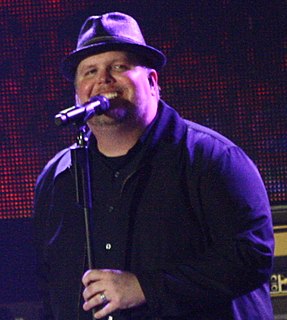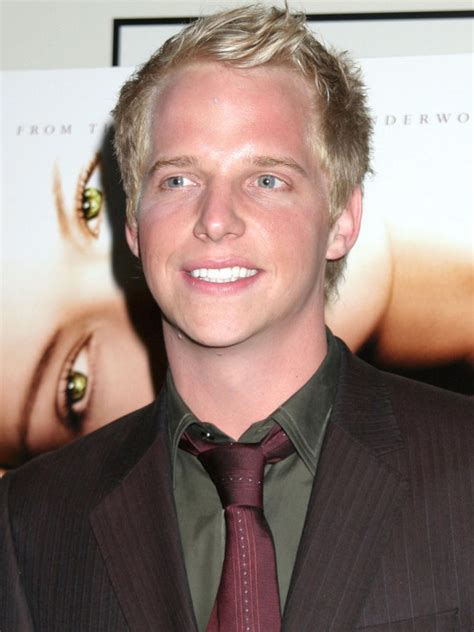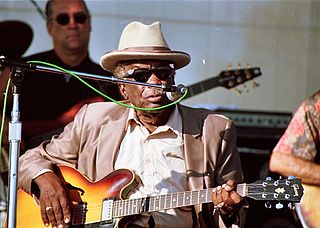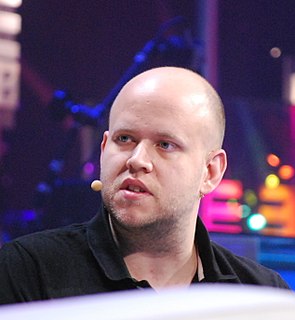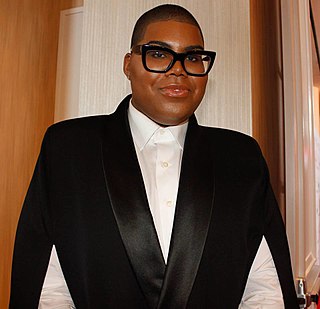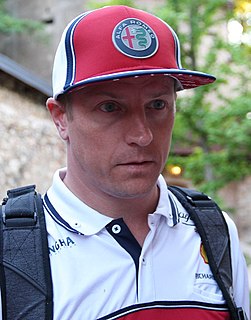A Quote by Aksel Hennie
I wanted to study painting and become a painter, but I had a huge flip-over in my life when I was about 18 or 19. I was part of a criminal environment; I got arrested and convicted, and I had to start thinking in a new way.
Related Quotes
Writing New People I was thinking a lot about the era that I came of age - the 90's. Brooklyn, in particular, this moment when I lived there. The sense of possibility. I was also trying to find a way to write about Jonestown. I had read about it a lot and I had the sense that the story could really start to drive one over the edge.
Suddenly, I saw it in a new way, as a picture that offered me a new view, free of all the conventional criteria I had always associated with art. It had no style, no composition, no judgment. It freed me from personal experience. For the first time, there was nothing to it: it was pure picture. That's why I wanted to have it, to show it - not use it as a means to painting but use painting as a means to photography.
Martin Scorsese was one of the few who had not been an assistant. Most of the guys had been an assistant and worked their way up. But I had seen an underground picture he had made in New York, a black-and-white film. I had done a picture for American International, about a Southern woman bandit, the Ma Barker story, and it was very successful, and I had left to start my own company, and they wanted me to make another one.
Journeys become very good metaphors. They always have the character put into circumstances that reveal him. If I had based my characters in New York and had them just sitting and thinking about life, it would be like what contemporary U.S. fiction is about. That is very heavy, literally, for me. It doesn't become mainstream enough because the pages don't turn themselves.


